Power
The accumulation of, the acceptance of, and the use of power are all explored in this section. The individual reigns of some monarchs are looked at such as those from the Tudor period, but so are other leaders, despotic and revolutionary. Contemporary issues of the use of power in a democracy are explored are more complex ideas around power through individual actions and movements in history.
Sort by:
Date (Newest first) | Title A-Z
Show:
All |
Articles |
Podcasts |
Multipage Articles
-
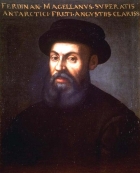
The Great Powers in the Pacific
ArticleClick to view -
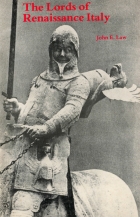
The Lords of Renaissance Italy
ArticleClick to view -
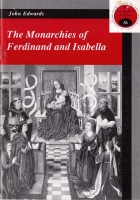
The Monarchies of Ferdinand and Isabella
ArticleClick to view -
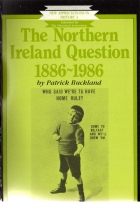
The Northern Ireland Question 1886-1986
ArticleClick to view -
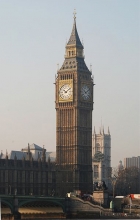
The Origins of Parliament
ArticleClick to view -
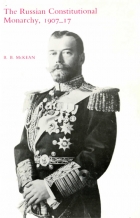
The Russian Constitutional Monarchy, 1907-17
ArticleClick to view -

The Russian Revolution 100 years on: a view from below
ArticleClick to view -
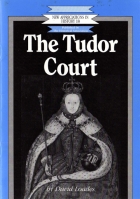
The Tudor Court
ArticleClick to view -

The Tudor monarchy in Ireland
ArticleClick to view -
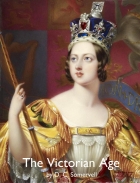
The Victorian Age
ArticleClick to view -
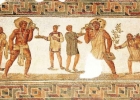
The end of the Roman Empire
ArticleClick to view -
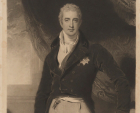
The last days of Lord Londonderry
ArticleClick to view -
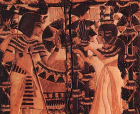
The many queens of Ancient Egypt
ArticleClick to view -
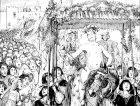
The throne and the fairy tellers
ArticleClick to view -

Tudor queens: power, identity and gender
ArticleClick to view -

Will China Democratise?
ArticleClick to view -
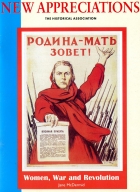
Women, War and Revolution
ArticleClick to view -
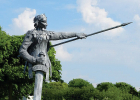
Æthelflæd, Lady of the Mercians, 918-2018
ArticleClick to view -

‘Cromwell’s trunks’
ArticleClick to view -

‘Power to the people’? Disputed presidential elections in US history
ArticleClick to view

